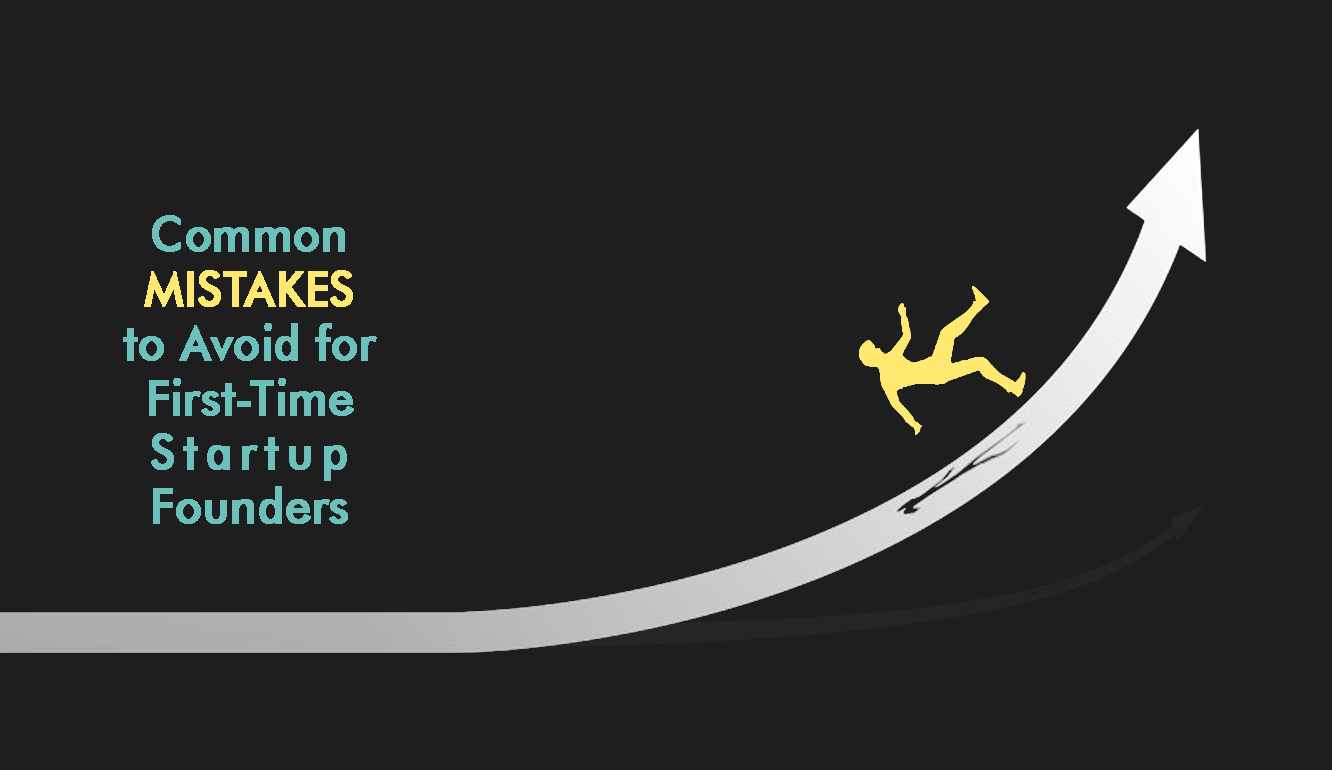
January 05, 2021
Much has been said and written about the perks of starting up. Yet, wise men would say it’s equally important to stay alert about the consequences if you don’t start up right. Here are eight common mistakes many first-time startup founders commit, avoiding which will surely help taste the much talked about sweet fruits of entrepreneurship.
Think the idea is so good, everyone will want to steal it
It’s understandable for startup founders to prize and protect their ideas against presumed poaching. Cut to reality, an idea is as good as baking an exquisite pie in imagination without knowing the key ingredients and techniques to bake it or whether the people would like the taste of it. The ideator will have to go through stages of validating the idea with mentors, industry experts, and most importantly, the early adopters and prospective users who will buy the finished product. It would be foolish to keep a business idea under wraps until launching it officially for customers. Imagine the money and efforts going waste on realizing that your breakthrough product/service isn’t something the people are willing to pay for! In order for an idea to develop into a thing of value, one must speak with the relevant people who will listen and offer viable feedbacks.
Try to raise funds from investors for an idea or prototype
This is a classic faux pas committed by many first-time startups. Install this mantra in your mind that no one is going to literally buy into your idea and give you money to develop a product unless they are your dearest friends, family, or for that matter, fools. Do not waste time convincing investors until you at least have a minimum viable product ready and tried by the users. Rather look for various grant schemes, loans, or cajole the 3Fs mentioned above.
Lack of research on the existing competitors
Most often, first-time startup founders are so passionately upbeat about their offerings that they dangerously discount the relevance of the existing competitors offering similar products/services.
Resting unwavering faith in the potential of an idea without researching on prospective customers’ current hacks for meeting their needs is a blunder one has to do away with.
Rule the roost by keeping your competitors closer. Get under their skin. Know their loopholes, vulnerabilities, and weaknesses to fortify your own offerings that would be unputdownable by the customers of your rival party.
Whimsical selection of a Co-Founder
How often do you see promising startup founders roping in co-founders just because they are friends or had a sanguine game-changing discussion over a good booze in a hostel room? You may call this a death trap for a germinating startup.
To look for a co-founder is like looking for a partner for life. While passion would be the star binding ingredient, it’s equally important to apply rationale in the selection. List down the qualities you’d need in a co-founder that would fill up your gaps. If you bring in robust technology know-how for building the product, find a co-founder who is excellent at taking the product to the market.
The second flip side of getting a friend whimsically on the co-founder wagon is the possible ugliness spilling over a fallout. Two friends start a company with equal shares. One makes a lion’s share of the investment. The other walks out, pulled by better prospects. The result? An ugly litigation and a possible shutdown of the startup. Sounds scary? Think before you leap.
Poorly defined market
Imagine putting in all your time, money, and efforts to build a dream product only to know you have no market for it! While there are startups who deliver ambitious pitches, relating a sizable target market, they fail to articulate their positioning in that market. The fact is that they haven’t done their homework well. They haven’t considered gauging the demographics, geographics, and psychographics of their target buyers. The result is an anarchic attempt at offering all things to all people in the market, ending up in vain.
Vague & unscalable value proposition
Too many first-time founders work on ideas that are nothing, but trite. When asked to explain the value they bring to the table, they would often end up with lame propositions like better affordability, etc., without any significant or compelling advantages to show. No surprises that most of them get washed away sooner than imagined.
If you look to make your product investor-ready, make sure your product/service is ten times better than the existing solutions. Know that the investors will not be interested in a product that lacks the ability to scale and scale quickly.
The temptation to go big immediately
Founders of big ideas want to go big immediately. What they forget is the underlying warning: “The bigger a start, the greater the stakes at risk.” Many startups with promising ideas have failed because they tried to do too much too early. So, instead of trying to build a high-end first version of your product, it would be wiser to start small but dream big. Break your ambitious project into small, doable stages. Jam your feet into the market first and then work to expand.
Lone wolf psychology
This stems from a widespread myth that entrepreneurs don’t flock in a herd, but soar above the rest. On the contrary, studies have shown that entrepreneurs who join entrepreneurial communities and peer groups are more likely to impress investors and attract employees and advisers. Like it or not, an entrepreneur is a part of the ecosystem, and to thrive in it one must connect with every element of that ecosystem.
Topics
Recent Posts

Assam Startup Fest 2023 draws curtains. Leaves a note to brace up for the significant advancement of Assam’s startup ecosystem
Read More














